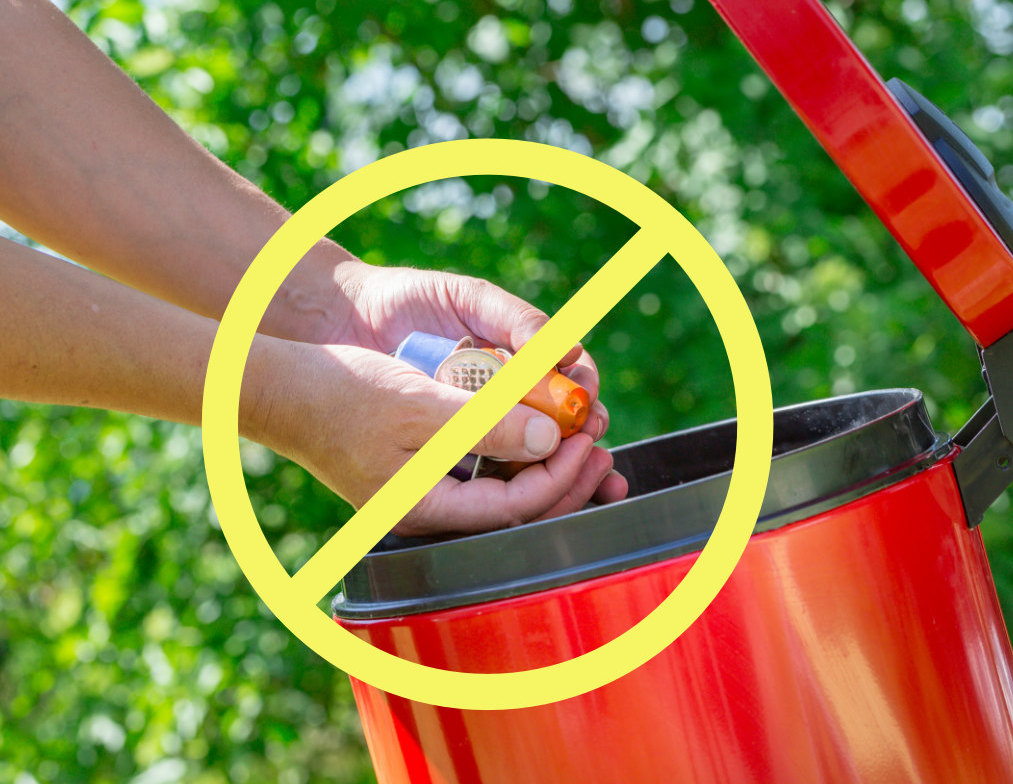
Facts about Aluminium
We use products made from aluminium on a daily basis, and many of us know very little about this valuable resource.
Here's some amazing facts to make you think twice before aimlessly sending it to your local landfill.

Earth & Energy
Aluminium is the 3rd most abundant element in the earth's crust. It is the most abundant mineral.
Recycling aluminium uses 95% less energy that is required to make new aluminium from bauxite ore.
The energy saving from recycling just one aluminium can, equates to powering a TV for 3 days.
Aluminium smelting (from bauxite ore) produces 15.6 tonnes of C02 per tonne.

Circular Economy
Aluminium can be recycled an infinite number of times without degrading.
Each aluminium can that is recycled will be reborn as a new can in as few as only 60 days (a true "circular economy").
Aluminium is the highest value recyclable item that is processed through sorting facilities.
Recieving aluminium allows sorting facilities to offset the cost of other recyclables (such as paper and mixed plastics).

Random Facts
Most of the world's aluminium is produced in Australia.
Aluminium is not magnetic, and spark-resistant, mainly due to a thin layer of oxidation that forms in contact with the air (making it resistent to corrosion).
Aluminium weighs only one-third the weight of steel, and is easily formable.
Aluminimum is used in coffee pod production as the most effective method to preserve quality by sealing in freshness.